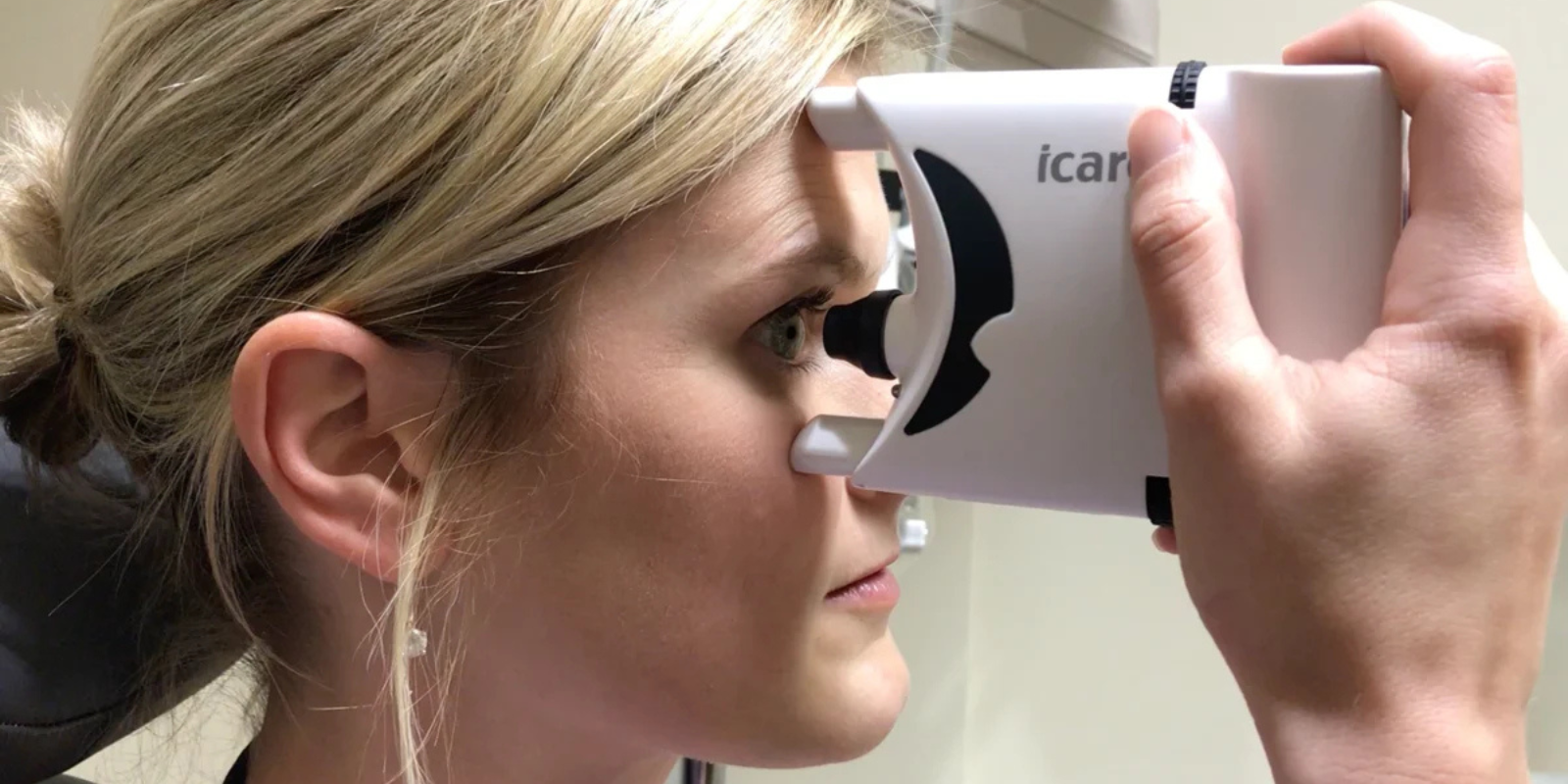Being diagnosed with glaucoma is often a life-changing event. With no current cure, the disease, which results in damages to the optic nerve causing irreversible vision loss, is expected to affect up to 112 million people worldwide by 2040.
“I often get questions from my patients about whether there are any lifestyle changes that may help slow progression or prevent the disease altogether,” says Leo Seibold, MD, professor of ophthalmology at the University of Colorado School of Medicine and glaucoma specialist at the Sue Anschutz-Rodgers Eye Center.
“Fortunately, there are actions that patients can take in addition to medical therapies that may help,” he continues. “A healthy diet and exercise can have a positive effect on ocular health, while recently, meditation and mindfulness have also shown promise in reducing intraocular pressure (IOP).”
Seibold explains current research on lifestyle modifications that glaucoma patients may want to adopt and how routine care plays a major role in managing the disease.
Diet and exercise
A variety of factors may influence IOP and the progression of glaucoma, so it’s important to consult an ophthalmologist about diet and exercise after a glaucoma diagnosis.
Generally, a well-rounded diet rich in dark, leafy greens and omega-3 fatty acids may have a positive effect on ocular health; and some vitamin supplements are showing promise in patients with glaucoma.
In some research, nicotinamide (a form of vitamin B3) has been reported to lower IOP and protect the specific retinal cells that are lost in glaucoma in certain mouse models.
“This vitamin has shown in a few studies already that it may protect and even improve peripheral vision function, which is affected by glaucoma. We don’t have enough confidence yet to make a broad recommendation, but it is something that is showing promise right now and large scale studies are underway,” Seibold says.
As for exercise, aerobic fitness, such as walking, running, and swimming in some cases, may help reduce IOP, but some patients might want to avoid yoga or exercises that hold the head in a prolonged downward position.
“When patients are in a head down position for a long period of time, they can have an increase in their pressure,” Seibold says. “Those positions should be avoided if a person has glaucoma, particularly severe glaucoma, at least for long periods.”
Stress and mindfulness
Recent studies have pointed to meditation as a helpful tool to combat high eye pressure in glaucoma patients.
In 2019, researchers tested the hypothesis by splitting 90 open-angle glaucoma patients into two groups. Both groups were instructed to continue regular medications, but one group practiced meditation daily for 21 days. At the end of the three weeks, researchers found that 75% of patients who practiced meditation had a more than a 25% drop in eye pressure.
“Not only can this practice lower eye pressure over the short term and long term, but some research even shows how meditation alters how genes responsible for inflammation and nerve protection are expressed in the body. This could have broader effects of helping patients with glaucoma,” Seibold says.
While meditation isn’t a substitute for medication, it can be a great addition into many patients’ lives.
“Mindfulness is low-risk and has the potential to have many benefits, so it’s something patients may want to consider,” Seibold continues. “Anything to help lower stress in general can be helpful.”
Routine care and follow-up
“Once you have a diagnosis of glaucoma, we unfortunately don't have a cure for it. Even though we have a lot of good treatments, it's important to know that it's something you'll always have to follow, even if you undergo surgery or laser treatment,” Seibold says. “This is a lifelong diagnosis and it’s important to continue to monitor and treat.”
Maintaining care and medications, as well as committing to necessary follow-up appointments with an ophthalmologist, is key in keeping IOP in check.
“We do have a lot of good medications, but if you don't take them routinely, the effectiveness decreases and you don't gain the benefit from them,” Seibold says. “Compliance and developing a routine is paramount in maintaining good vision with glaucoma. An ophthalmologist can help patients make the best decisions for their lifestyle and stage in the disease.”


.png)

